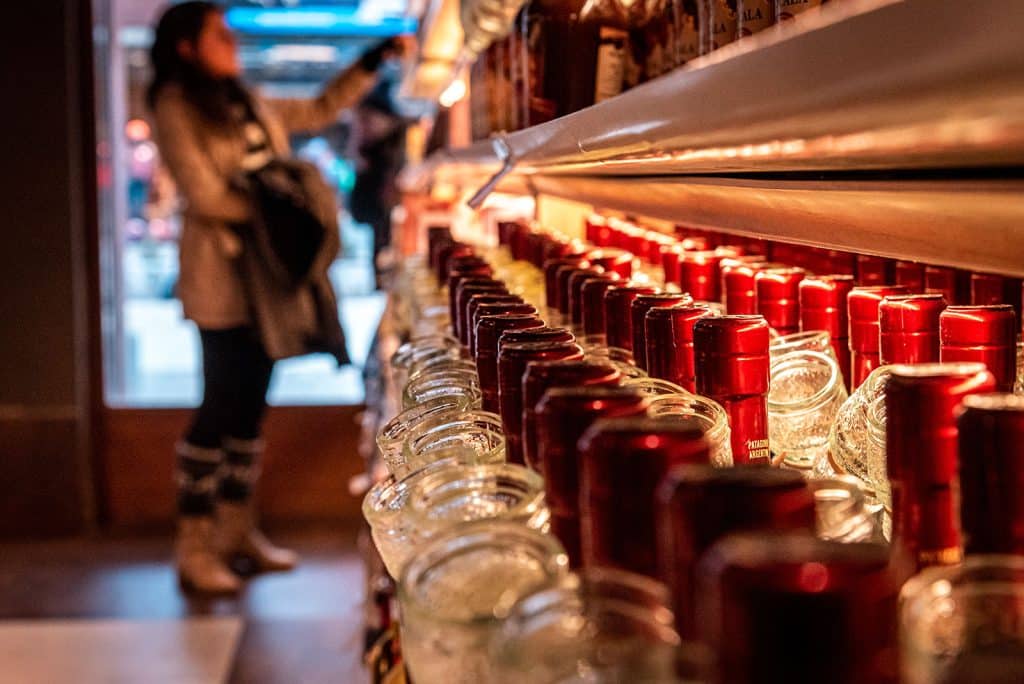Living a life of sobriety can be difficult at times and especially for those who have been diagnosed with alcohol addiction. It is a job 24/7 to always make sure you are doing what’s is best for your recovery. You have lived a life where you knew nothing except drinking. Every day, every event involved drinking – after work, during work, after dinner, while you were cooking dinner, on weekends, at get-togethers, and everywhere in between. When you stop drinking and maybe at a point where you have completed some treatment and are trying to adapt to “real” life, you have relearned every daily task without drinking. And every single thought, person, and smell could trigger you to relapse, to drink again.

Now cravings are a normal part of getting sober and staying sober. You can count on cravings to happen, and you will also feel the urge to drink, but you don’t have to worry if you have a plan and some coping skills for when this happens.
Know Your Triggers When it Comes to Alcoholism
- External triggers – These are people, places, things, or times of day that offer drinking opportunities or remind you of drinking. These “high-risk situations” are more pronounced, predictable, and avoidable than internal triggers.
For many alcoholics, a liquor store or the wine section at the grocery store can be a big trigger because they are everywhere on every corner. It will take some time for you to be able to drive past or get groceries without thinking about it. It is also ok to take some time and avoid those areas or ask a friend to get groceries for you until you feel comfortable.
- Internal triggers – These can be scary because they seem to come out of nowhere. But suppose you pause to think about it when it happens. In that case, you’ll find that a fleeting thought, a positive emotion, such as excitement, negative emotion, such as frustration, or a physical sensation such as a headache, tension, or nervousness, may have set off the urge.
These can be tricky and harder to deal with, especially if aroused by some emotion that can be hard to let go of. A situation that leaves you sad such as the passing of a family member, can be difficult because grieving can last for a long time. When you get into situations where emotions are involved, it is best to have some support that you can go too, especially in emergencies such as:
- A counselor, social worker, or doctor that you would call in an emergency
- Emergency contacts, like a crisis line, an AA 24-hour line, or other emergency-prepared people
- Sponsor or others from a support group, people from your rehab community
- Friends and family that you would be willing to talk to about the cravings and struggles with sobriety
- Friends and family that you could talk to to try to get your mind off things, not talk about relapse or sobriety (Distraction can be a good technique)
Learn Coping Skills for Recovering Alcoholics
There are plenty of stressful situations that happen every day. These stressful situations can put your sobriety at risk. You can’t run away from or avoid these situations forever, so its best to face them with some skills that you can use, and soon enough, it will become second nature. These skills listed are more of a self-care approach that can help you get past the urges and put your whole mind and body at ease and maybe find a skill or hobby that you enjoy.
- Meditate
- Yoga
- Create a gratitude list
- Look up inspirational quotes
- Write down your goals and the steps you are going to take to accomplish them.
- Write a list of your strengths
- Replace negative thoughts with positive thoughts
- Write or journal
- Draw/Paint
- Take a bath
- Garden
- Go for a walk
- Read a good book
We Can Help You With Alcoholism
There are plenty of other things you can do to cope, but before you learn all that must take the first step at Garden Treatment Center, we can make that possible. Here at Garden, clients receive individual and group therapy sessions at Garden State Treatment Center. We’ll go into more detail on the program pages, but these therapies each have the multi-faceted goals of resolving traumatic events, peer support, and long-term relapse prevention.
The most important thing you can expect from your Garden State Treatment Center Treatment experience is that you will emerge from it transformed, stable, and ready to begin a lifetime of recovery.
Published on: 2024-05-13
Updated on: 2025-01-01



